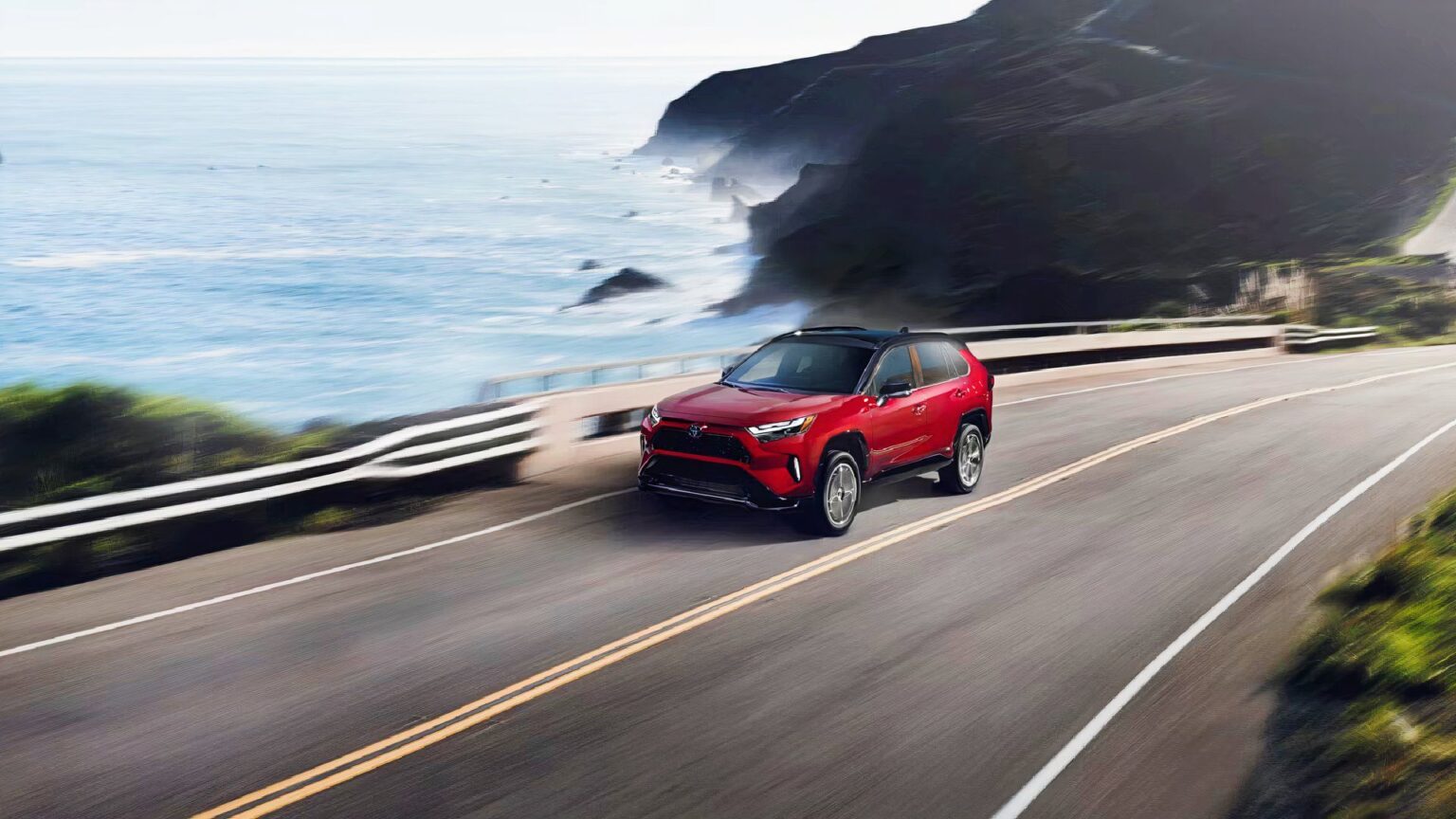Hybrids are the perfect steppingstone between conventional, combustion-powered cars and pure electrics. Anchored by a traditional engine, these vehicles’ powertrains also include an electric motor (or motors, as the case may be), and a small battery pack to store and release energy as needed. Add it all up, and hybrids typically offer good performance and excellent fuel efficiency, attributes that more and more drivers are searching for, which is causing some problems for Toyota.
A Happy Issue To Have … For Toyota, At Least
According to a story published by Reuters, the gigantic Japanese automaker is having trouble keeping up. No, it’s not rival automakers Toyota is trailing. Rather, the company is struggling to serve its customers. Growing demand for hybrid vehicles is straining the capital T’s abilities to build enough electrified cars and trucks, and this is not just an issue in the U.S.
- Global demand for Toyota’s hybrid vehicles is strong
- Some customers are forced to wait months for new hybrid vehicles
- Supplier bottlenecks may be reducing production capacity
Demand for hybrids is growing in China, Europe, Japan, and elsewhere, including, yes, the U.S. as well. Available stocks are low, parts suppliers are struggling to keep pace, and drivers are being forced to wait months to receive new hybrid vehicles. In fact, on average, customers in Europe are waiting 60 or 70 days to get their new hybrid, twice as long as it took in 2020. The two hybrid models in highest demand are the Yaris Cross and RAV4 Plug-In Hybrid.
Similarly, waiting periods in Toyota’s home market of Japan span anywhere between two and five months, while they’re anywhere from two to nine months in India. Additionally, the pioneering Prius hatchback, and current-generation Camry midsize sedan, which is only offered with a hybrid powertrain, may be sold out in some regions of the U.S.
As Reuters reports, global sales of electrified cars and trucks are growing. In fact, they’ve nearly tripled from 5.7 million units five years ago to more than 16 million.
One Small Issue Can Cause Major Headaches
It takes tens of thousands of parts to build a modern vehicle, and many of these components are provided by outside firms called supplier companies. Organizations like Bosch, Continental, Denso, Magna, and ZF are just a few of these. One delay, a single bottleneck at just one of these suppliers, can completely derail an entire automotive assembly plant. After all, you can’t build cars without wheel bearings, seatbelts, or even something as basic as windshield wiper blades.
With its hybrids, Toyota is reportedly facing shortages of magnets, which is slowing the number of electric motors Aisin can supply. For similar reasons, Denso can’t keep up with demand for power inverters. Without robust stocks of these critical components, it’s mighty hard to build hybrid vehicles.
Responding to long wait times, Toyota said that demand for hybrids has increased significantly in recent years, but the company’s ability to meet customer requests is improving. “Currently, the production capacity for hybrid parts and components from our suppliers, and our in-house parts manufacturing is line with our annual production plans and our vehicle assembly capacity,” the automaker explained in an official statement.
That may be fine for Toyota – strong demand and limited supply can keep prices high, improving profits – but no customer wants to wait months and months to get a new car or truck. Hopefully, the automaker can increase production to meet the growing global demand for hybrid vehicles.
Read the full article here


